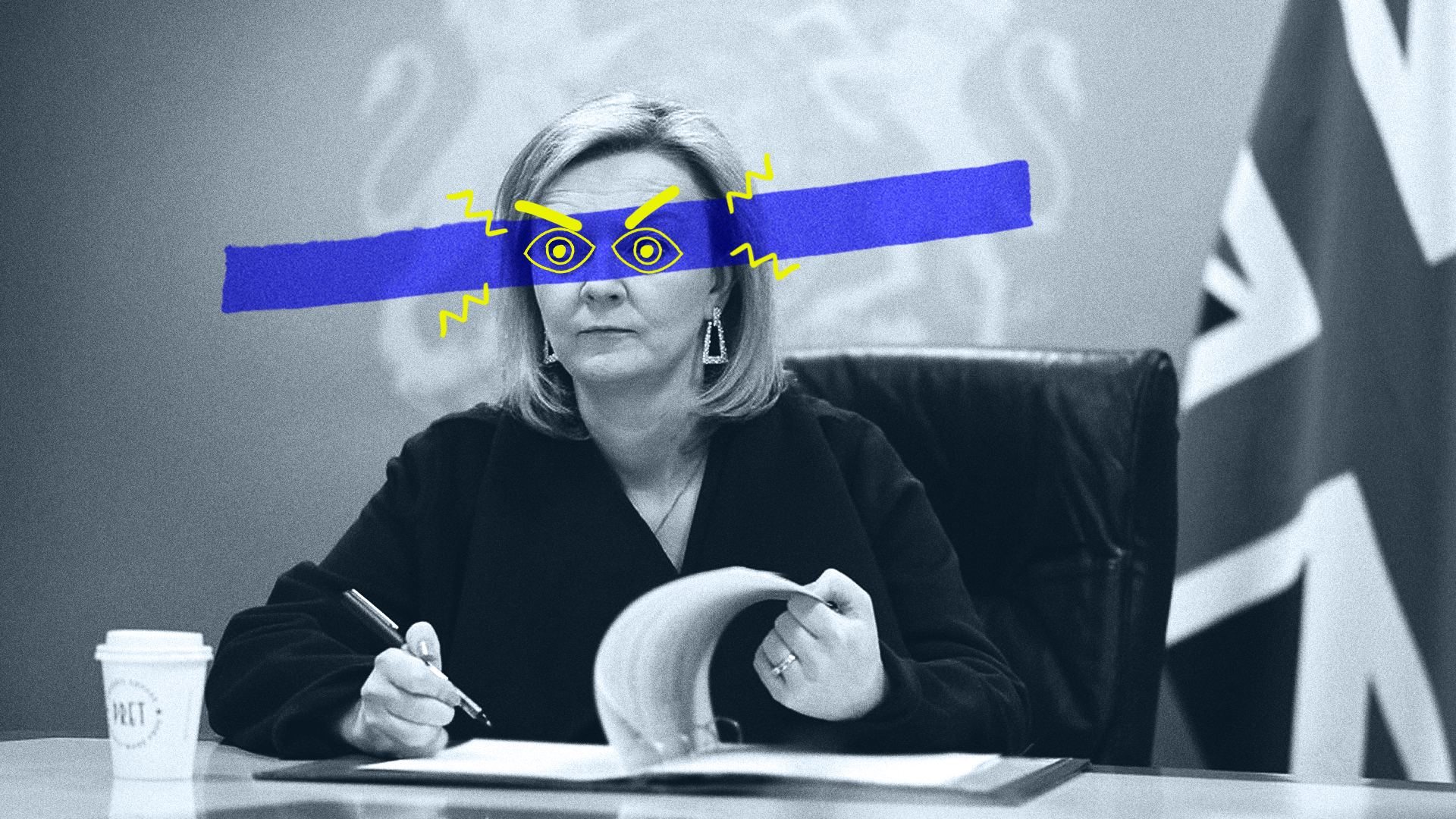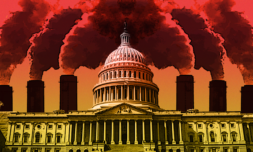Since the anointment of Liz Truss as the new Conservative prime minister, a renewed lack of clarity around the continuation of vital research funding and climate measures has experts worried.
UK citizens are understandably preoccupied with policies impacting the immediate future. Eco experts, however, are looking to the long term and what a new change of leadership could mean for our efforts to mitigate climate change by the mid-century.
Despite the many scandals former prime minister Boris Johnson embroiled himself in, the UK had supposedly positioned itself to become a leading nation for sustainability during his tenure.
Now, with Liz Truss in the hot-seat potentially until 2025, its unclear whether the country’s previous road-map to a greener future will be honoured, or whether priorities – and plans for funding – are now subject to change.
Johnson had frequently championed what his government called ‘science superpower’; an official agenda summarised by the key aims of doubling government spending on scientific research (including climate change) by 2024, increasing open-access publishing, and preventing bureaucratic obstacles from hindering UK science from recruiting foreign talent.
Put simply, the latter facet refers to ‘the science part’ of the Brexit deal, as eloquently put by president of the Royal Society Adrian Smith.
We believe science can help everyone live a healthier life.
So, as the UK is set to announce its next prime minister, we outline four areas of science the new government should prioritise ⤵️
— Wellcome (@wellcometrust) August 31, 2022
Truss’ Tory competitor Rishi Sunak, who had served as Johnson’s finance minister and presided over the climate science budget, had planned to uphold the memo in full, but failed to gain enough support from his peers in the electoral vote this week.
Mere days later, and wasting no time, Truss has already stated that simultaneously growing the economy while preventing energy prices from soaring is the first order of business. That means government spending will likely be reviewed, and science policy researcher James Wilsdon is concerned that research funding provides ‘potentially a fat source of money to raid.’




















